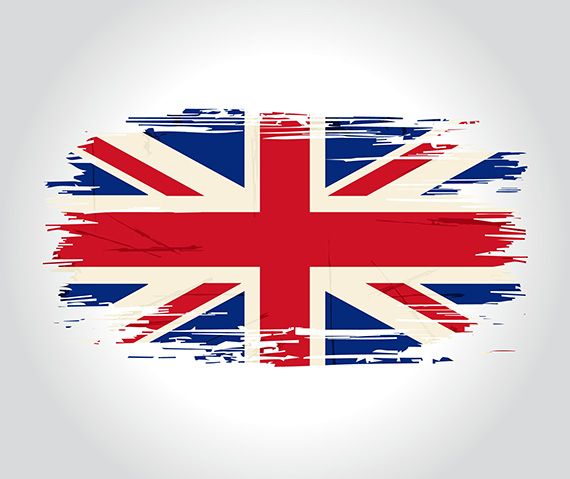More news
- Asian paint regulatory round up – Indonesian exterior paint still uses lead, warns W...
- Nigeria’s paint industry navigates regulatory changes and economic challenges amid p...
- Focus on the global coatings market: Global coatings market outlook
- Ask Joe Powder – October 2024
- Chinese paint majors look to domestic consumer sales as commercial real estate slumps

BASF will not further evaluate a potential investment in a nickel-cobalt refining complex in Weda Bay, Indonesia. In 2020, BASF and Eramet, a global mining and metallurgical group, signed an agreement to jointly assess the potential of such a project.
“After a thorough evaluation, we have concluded that we will not execute the nickel-cobalt refining project in Weda Bay. Since the inception of the project, the global nickel market has changed significantly. In particular, the supply options have evolved and with that BASF’s availability of battery grade nickel. Consequently, BASF no longer sees the need to make such a substantial investment to ensure a resilient metals supply for its battery materials business,” explained Anup Kothari, Member of the Board of Executive Directors of BASF SE. The company will stop all ongoing evaluation and negotiation activities for the project in Weda Bay.
READ MORE:
EU regulations round-up: September 2023 – Sustainability reporting standards loom
“A secure, responsible and sustainable supply of critical raw materials for the production of precursor cathode active materials, which may also originate from Indonesia, remains crucial for the future development of our battery materials business,” said Dr. Daniel Schönfelder, President of BASF’s Catalysts division. BASF’s battery materials business operates a dedicated sourcing team, which focuses on metals and precursor management as well as trading and has already developed a robust network of partners to ensure a resilient supply of critical raw materials necessary for its growing global cathode active materials business.







